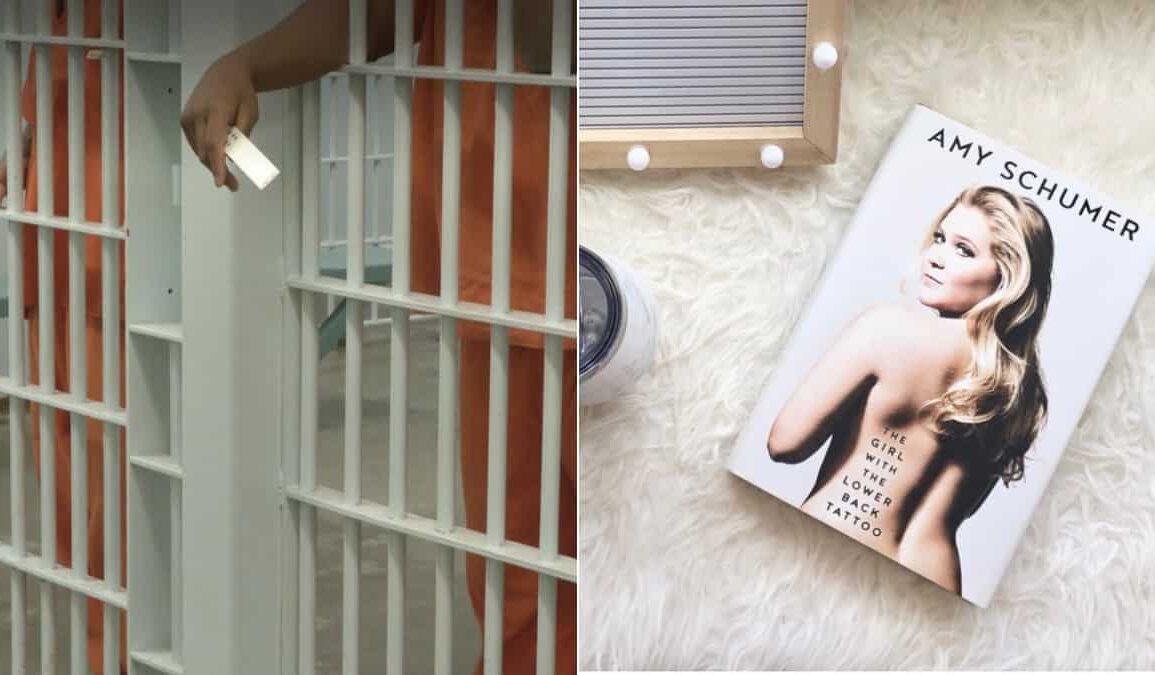
The latest report from PEN America, which is a literary advocacy group, stated that tens and thousands of books have been banned or restricted by US prisons, including Amy Schumer’s memoir The Girl with the Lower Back Tattoo.
Moira Marquis, who is the report’s lead author, said, “The common concept underpinning the censorship we’re seeing is that certain ideas and information are a threat.”
Marquis, who is also the senior manager in the prison and justice writing department at PEN, told The Associated Press that the most common official reasons for bans are security and sexual content.
trending now
Notably, these terms can apply to a very wide range of titles but are used loosely and include, in Michigan, Leonard’s thriller Cuba Libre and Frederick Forsyth’s The Day of the Jackal. Both books are listed as a “threat to the order/security of institution”.
Schumer’s memoir was flagged by Florida officials who claimed that it has graphic sexual content and is “a threat to the security, order, or rehabilitative objectives”.
Sun Tzu’s The Art of War; Barrington Barber’s Anyone Can Draw: Create Sensational Artwork in Easy Steps; and Prison Ramen: Recipes and Stories from Behind Bars, are on the list of most banned books.
According to the spokesman for the Michigan Department of Corrections, a new review committee is re-considering both titles.
PEN America said that prison officials commonly justify censorship as “necessary for rehabilitation and the maintenance of safety and security”.
It further noted on its website that the “rationale that censorship should be used to accomplish these goals is specious—and yet often receives little scrutiny”.
In its latest report, Reading Between the Bars, the group has jotted what is happening and also mentioned its struggles to distribute its guide for prison writing, “The Sentences That Create Us: Crafting A Writer’s Life in Prison,” which came out last year.
PEN America said that it has teamed up with prison book programmes, higher education programmes in prisons and other non-profits that send literature to incarcerated people to tell state and federal elected officials that we do not support prison censorship.
“We’re kicking off a letter-writing campaign that allows anyone to send an email to their state and federal representatives. We’re publishing a report to document the ever-accelerating banning of literature in prisons, amplifying the voices of incarcerated readers and aiming to raise awareness about this issue and offer ways to push back against it,” the group said.
This post was originally published on this site be sure to check out more of their content.









